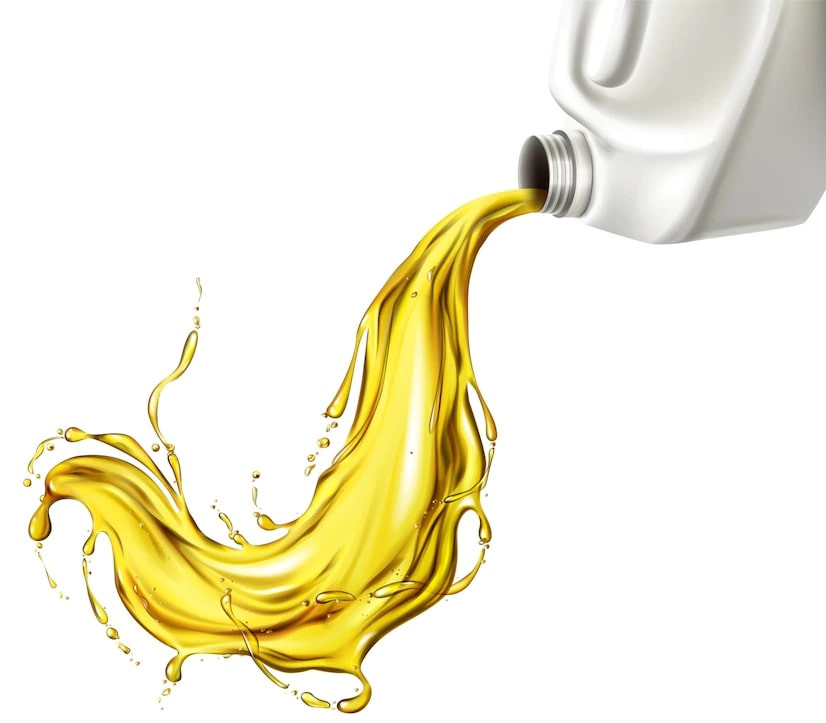Engine oil is a lubricant that is used to lubricate, cool, and clean the internal parts of an engine. It is designed to reduce friction and wear between moving parts, improve engine performance, and protect the engine from damage due to heat, corrosion, and other factors. Engine oil is usually made from a combination of base oils and various additives, and is available in a range of viscosities and grades to suit different types of engines and driving conditions. The choice of engine oil is important for maintaining the optimal performance and longevity of the engine. When it comes to maintaining a diesel engine car, choosing the right engine oil is a crucial step in ensuring optimal performance and longevity. There are a few key factors to consider when selecting the best engine oil for your diesel engine car, including viscosity, API rating, and additive package.
Viscosity:
Viscosity is a measure of an oil's resistance to flow. The viscosity of engine oil is important because it affects the oil's ability to lubricate the engine's moving parts. The most common viscosity grades for diesel engine oils are 15W-40 and 10W-30. These grades indicate that the oil is suitable for use in temperatures ranging from 0 to 100 degrees Fahrenheit.
API rating:
The American Petroleum Institute (API) sets standards for engine oils and assigns a rating based on the oil's performance in a series of laboratory tests. Look for an API rating of "CJ-4" or "CI-4+" for diesel engine oils, as these ratings indicate that the oil meets the latest standards for diesel engine lubrication.
Additive package:
Engine oils contain a variety of additives that can improve their performance in different ways. One important additive for diesel engine oils is detergent, which helps to keep the engine clean by preventing the buildup of harmful deposits. Other additives, such as anti-wear agents and friction modifiers, can help to improve the oil's ability to protect the engine's moving parts.
OEM (Original Equipment Manufacturers) recommendations:
The best source of information on what type of oil to use in your diesel engine car is the manufacturer. The OEM recommendations will give you the right oil grade, viscosity, and API rating.
Longevity:
Some diesel engine oils are formulated to last longer than others. Look for oils that are labeled as "extended drain" or "long life" oils, as these can help to reduce the frequency of oil changes, saving you time and money in the long run.
Price:
Engine oils vary widely in price, but it is important to keep in mind that the cheapest option may not always be the best. It's important to choose an oil that meets your car's needs and provides the best protection, even if it's a little more expensive.
Brand reputation:
Some brands of engine oil have a better reputation for quality than others. Research different brands and read reviews to get an idea of which brands have a good track record for providing high-quality oils.
Synthetic or conventional:
Synthetic oils are made from chemical compounds rather than from crude oil, and are generally considered to be more resistant to heat, cold, and wear than conventional oils. However, synthetic oils are typically more expensive than conventional oils.
Environmental considerations:
Some engine oils are formulated to be more environmentally friendly than others. Look for oils that are labeled as "Energy Conserving" or "Low SAPS" (Sulphated Ash, Phosphorus, and Sulphur), as these oils are designed to reduce emissions and improve fuel economy.
Consider the conditions you drive in:
If you drive in extreme temperatures or conditions, such as high altitude or hot weather, or if you frequently tow heavy loads, look for diesel engine oils that are specifically formulated to withstand these conditions.
Summarily, choosing the right engine oil for your diesel engine car requires careful consideration of several factors, including viscosity rating, API rating, type of driving, compatibility with diesel particulate filters, OEM requirements, certifications, additive package, longevity, price, brand reputation, synthetic or conventional, environmental considerations and the conditions you drive in. Moreover, It is always advisable to consult with a professional to ensure that you are selecting the best oil for your vehicle's specific needs. With the right engine oil, you can ensure optimal performance, protection, and longevity of your diesel engine car. 